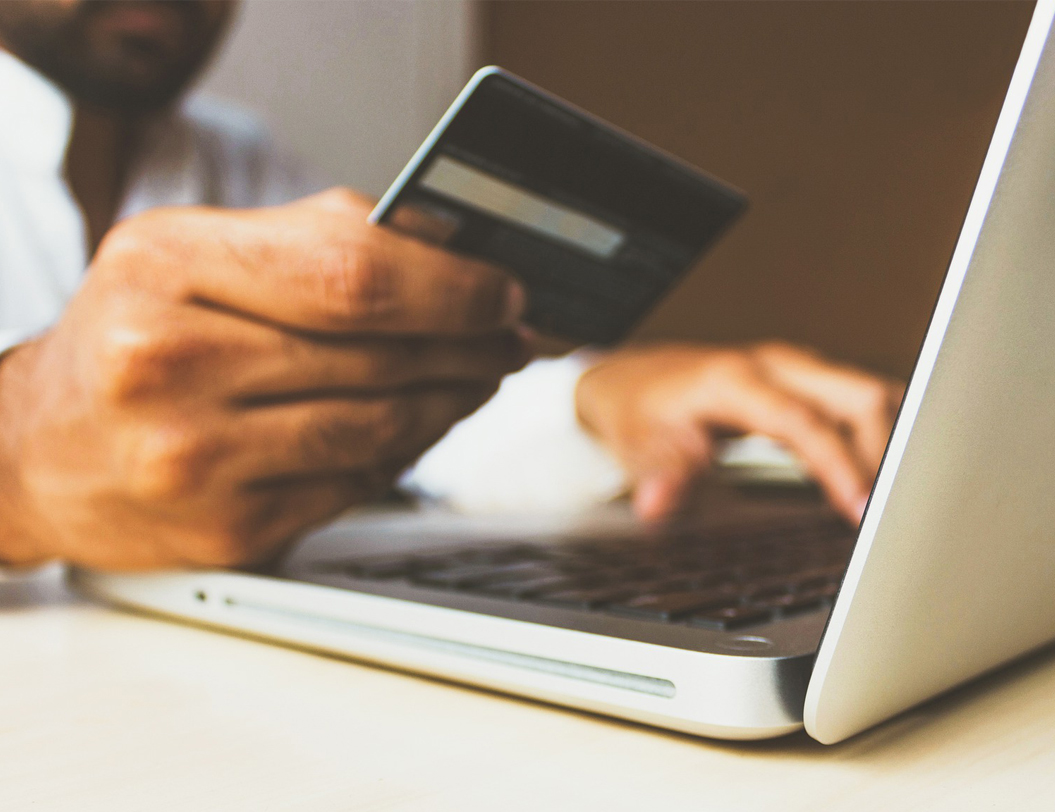When Does it Make Sense to Pay a Bill with a Credit Card?
Borrowing

Credit cards and debit cards offer incredible convenience; but, is it a smart idea to pay monthly bills with them?
Choosing to pay a bill with a card can have a significant impact on your general financial wellness — for better or for worse. It’s important to consider the many variables of this decision before going ahead with it.
Let’s take a closer look at the pros and cons.
The advantages of paying bills with a credit card or debit card:
- Automate monthly payments so they’re always on time.
- Build credit with a consistent monthly payment.
- Earn rewards for money that needs to be spent anyway.
- Enjoy consumer protection, like zero or minimal fraud liability, guaranteed returns and more.
- Pay your bills quickly without the hassle of writing out checks and using snail mail.
- Budget easily with payments that can always be tracked.
- Payments post promptly.
The disadvantages of paying bills with credit or debit cards:
- There may be fees for paying the bill with a debit or credit card.
- For consumers who are already carrying high debt, it can make a difficult financial situation worse. Similarly, it isn’t responsible to set up an automatic monthly payment through a debit card that is linked to an account that may not have enough money to cover the charge.
- Credit utilization may cross the threshold to an undesirable rate.
- Interest may accrue for consumers who cannot pay their entire credit card bill each month.
Which Bills Can I Pay with a Credit or Debit Card?
You will likely not be able to pay the following monthly bills with a credit or debit card:
- Mortgage
- Rent
- Car payments
These monthly bills can usually be paid with a credit card, but you may need to pay a fee to do so:
- Car insurance
- Home insurance
- Health insurance
- Taxes
The following monthly bills usually allow you to pay with a credit card or debit card without a fee:
- Subscription services
- Phone bills
- Utility bills
- Internet providers
- Cable providers
Before deciding whether to pay a specific bill with a credit or debit card, it’s best to check with your provider to find out if this is a viable option and if there will be a fee attached for paying with plastic.
The Bottom Line
Sometimes, paying bills with a credit card or debit card makes perfect sense, but it sometimes does not. Before deciding which way to go, consider all relevant factors detailed above to be sure you’re making the responsible choice.
Related Resources
-
Woman using her phone and holding her credit card
Borrowing
Read MoreWhat is Credit Card Interest & How Does It Affect You?
Educate yourself on credit card interest and learn how it works before you apply for your next credit card. -
girl shopping with a credit card online
Borrowing
Read More5 Credit Card Facts and Quick Tips
Credit cards can be a great first step to building credit history, but it's important to know all the responsibilities that come with having a card. -
Woman making a purchase with her debit card
Borrowing
Read MoreCredit vs. Debit Transactions
Credit transactions are also referred to as signature-based transactions to earn points. Debit transactions are also referred to as PIN-based. PIN-based, point-of-sale, ATM transactions, cash withdrawals, and checks do not earn points.


